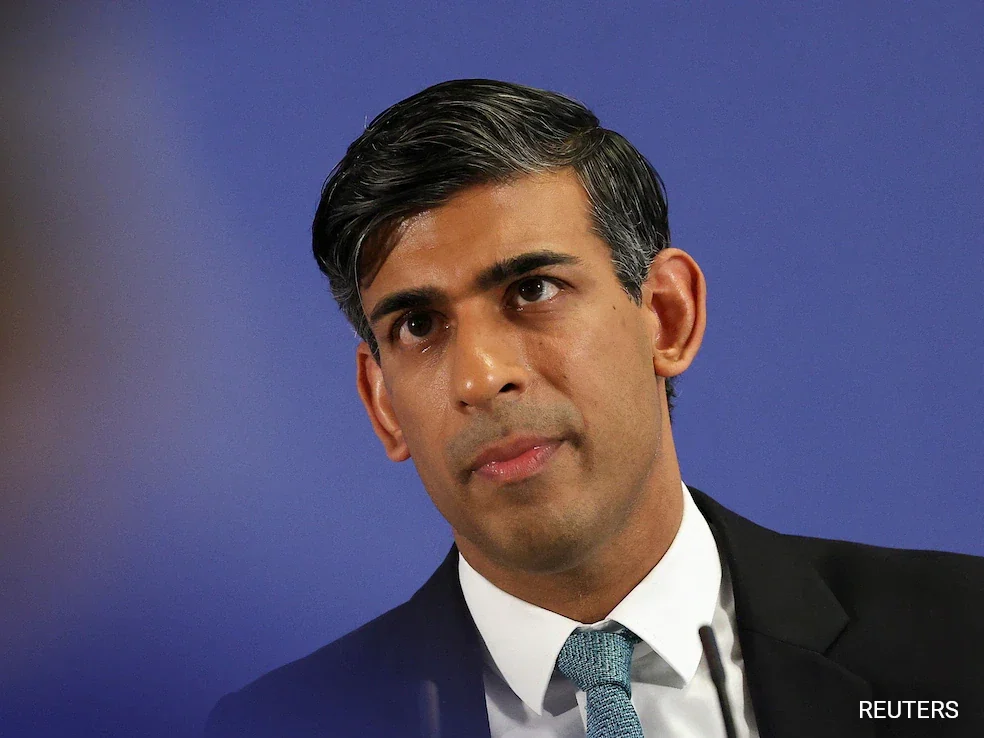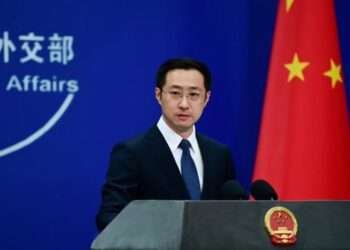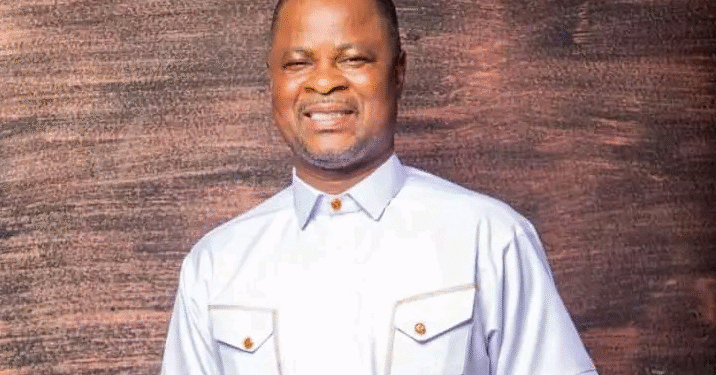Deputy Prime Minister, Oliver Dowden revealed that Ministers are contemplating a move to prevent British investors from financing new technologies in countries seen as hostile to safeguard the UK’s security.
Dowden announced on Thursday, April 18 that the government is considering measures to restrict British investments overseas. The concern arises from the possibility of UK funds being used to support projects that could jeopardize national security.
This consideration follows in the footsteps of a decision made by the Biden administration eight months ago. The US granted regulators the authority to halt American investment in Chinese institutions operating in three key sectors: semiconductors, quantum computing, and artificial intelligence.
In a speech at the Chatham House think tank, Dowden said, “A careful review of the evidence suggests that it’s possible that a very small proportion of outbound investments could present national security issues.”
“Indeed, they might be fuelling technological advances that enhance military and intelligence capabilities of countries of concern.”
“We have a problem here that we should look at … in a very small number of very critical areas where we actually believe that outbound investment from the United Kingdom could facilitate significant enhancements in adversarial cutting-edge capability in a way that may be detrimental to the United Kingdom. It is that sort of very precise area of intervention that we’re looking at.”
Deputy Prime Minister, Oliver Dowden
When asked to name countries that he believed posed a risk, the deputy prime minister responded by stating, “We set out into the integrated review refresh that China was the number one state-based threat to our economic security”.
“So I’m not blind to the fact that a lot of this will relate to China but equally it will relate to hostile states such as Iran, Russia, and North Korea.”
Deputy Prime Minister, Oliver Dowden
Strained Relations With China
Dowden’s remarks came during a delicate period for UK-Chinese relations. Over the past few years, the UK government has altered its approach to Chinese technology amidst rising global apprehensions that gear provided by firms like Huawei might serve espionage purposes.

Prime Minister Rishi Sunak endeavored to mend strained ties with Beijing in recent months. However, these efforts suffered a setback in March 2024 when it was revealed that Chinese hackers were responsible for cyber-attacks targeting politicians and the Electoral Commission.
Dowden emphasized that the open nature of the economy has made it vulnerable to strategic actors and their proxies targeting inbound and outbound investment flows, imports, exports, and academic collaborations.
But in contrast with the more hawkish US rhetoric on Chinese investment, he also insisted, “We are open for business and my priority and presumption will always be in favor of investment.”
The Deputy Prime Minister highlighted universities as particularly vulnerable to manipulation by foreign governments. He pointed out that researchers within these institutions are often targeted, and academic settings are highly susceptible to international investment.
Recent reports, such as one from the Financial Times last month, shed light on collaborations between academics at Imperial College London and scientists affiliated with the Chinese military. Their joint research projects were found to have potential military applications.
Dowden announced his intention to convene university vice-chancellors for a briefing on the specific types of technological threats they need to be vigilant against.
While expressing pride in the groundbreaking advancements in sensitive technologies taking place at universities, the Deputy Prime Minister acknowledged the potential security risks associated with such research.
“We must ensure that universities’ reliance on foreign funding does not become a dependency” through which they can be “influenced, exploited or even coerced,” he added.
READ ALSO: Gospel Musician Shares Insight Into Divorce























